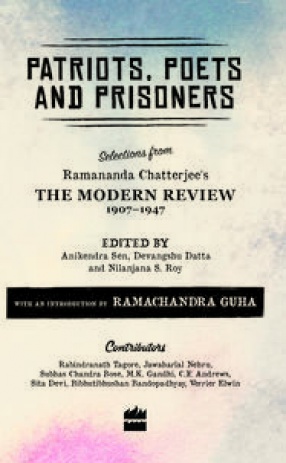
Ramachandra Guha

Showing all 17 books

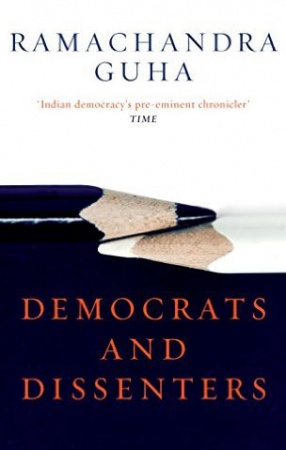
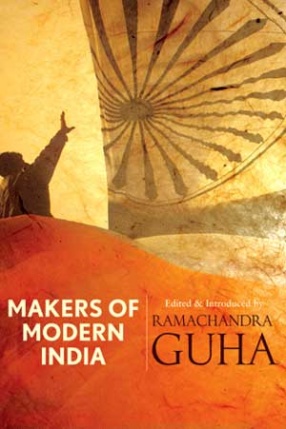
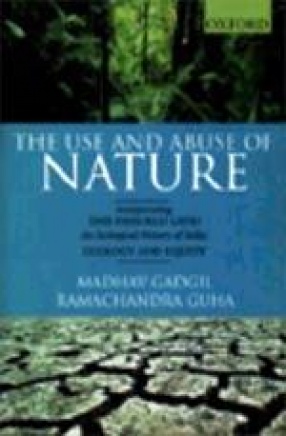

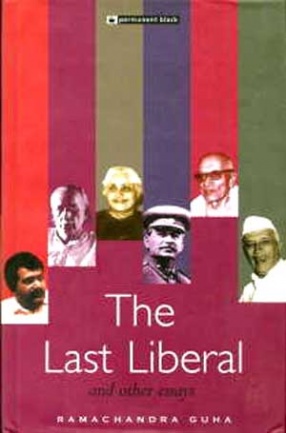

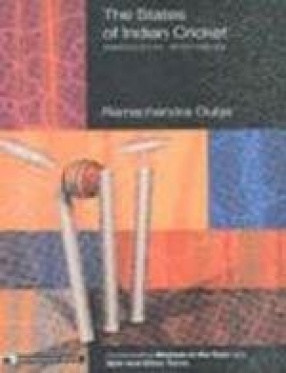

Founded in 1907 by the visionary Bengali thinker and reformist, Ramananda Chatterjee, The Modern Review quickly emerged as a vital platform for debates on nationalism, patriotism, history and society. Alongside the leaders of the freedom movement - M.K. Gandhi, Subhas Chandra Bose, Jawaharlal Nehru, Rabindranath Tagore - thinkers like Romain Rolland and J.T. Sutherland contributed to its pages. While questions of self-rule, gender justice and caste inequality ...

A major new collection of essays by Ramachandra Guha, Democrats and Dissenters is a work of rigorous scholarship on topics of compelling contemporary interest, written with elegance and wit.
The book covers a wide range of themes: from the varying national projects of India’s neighbours to political debates within India itself, from the responsibilities of writers to the complex relationship between democracy and violence. It has essays critically assessing ...
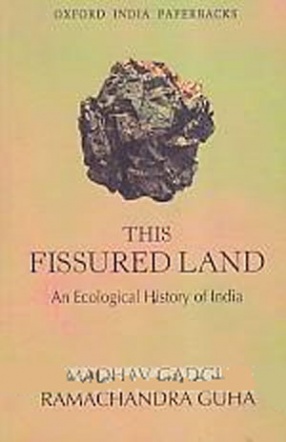
In the first part of the book, the authors present a general theory of ecological history which attempts a paradigm shift from Weberian and Marxian theories of human society. Here they ask under what conditions humans exercise prudence in their use of natural resources; they examine infrastructures, property systems, political ideologies, religions, social idioms and the belief structures that characterize human interactions with resource bases; they analyse the ...

Makers of Modern India is a rich and comprehensive repository of India's political traditions. Ramachandra Guha, author of the internationally acclaimed India After Gandhi, profiles nineteen Indians whose ideas had a defining impact on the formation and evolution of our Republic, and presents rare and compelling excerpts from their writings and speeches.These men and women were not only influential political activists – they also wrote with eloquence, ...
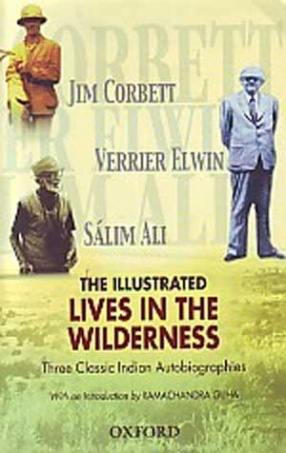
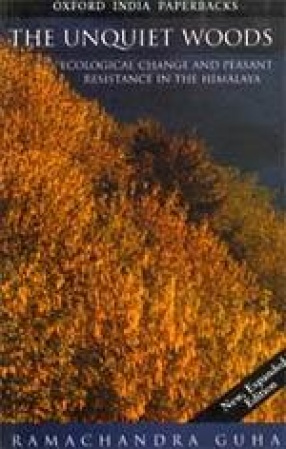
The Unquiet Woods : Ecological Change and Peasant Resistance in the Himalaya. First published ten years ago, The Unquiet Woods is recognized as a classic of environmental history, a field it initiated in South Asia. Taking the famous Chipko movement as its point of departure, the book uncovers and analyses the century old history of forest conflict that preceded it. In its focus on the ecological basis of conflict, in its attention to the language of social ...
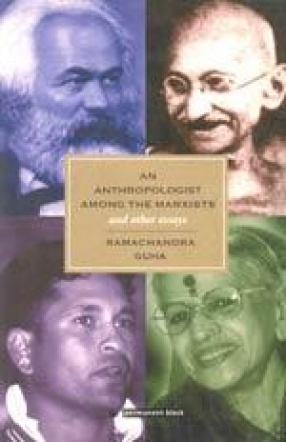
Inside every thinking Indian there is a Gandhian and a Marxist struggling for supremacy’, says Ramachandra Guha in the opening sentence of this wonderfully readable book of portraits and polemics. A substantial portion of this book expands on this salvo: it analyses Gandhians and pseudo-Gandhians, Marxists and anti-Marxists, Stalinists and democrats, scientists and historians, environmentalists and cricketers—in short, it examines and discusses all those who ...

This omnibus brings together two books that have resulted from a unique collaboration between an eminent ecologist and a top-ranking sociologist. This Fissured Land presents an interpretative ecological history of the sub-continent. It offers a theory of ecological prudence and profligacy, testing this theory across the wide sweep of South Asian history. The focus is on the use and abuse of forest resources, a sector to which the authors have each devoted years ...

"M. Krishnan (1913-96) was a naturalist known for his prose style, learning, and astonishingly wide range of interests. For nearly sixty years he wrote columns, essays, sketches and jeremiads on the ecology and culture of the Indian subcontinent. His subjects included tigers, elephants, butterflies, reptiles, cats, dogs, wetlands, deserts and croplands, and his nature writings are among the most readable ever written in English. Though Krishnan is almost ...
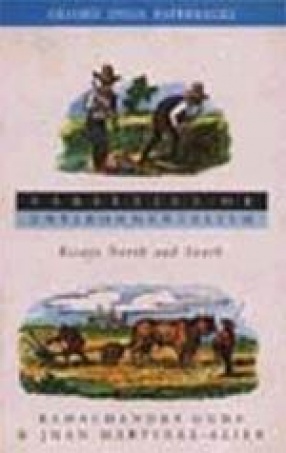


Guha's book is a meditation on how a large area of contemporary India's cultural and intellectual life has in fact been fashioned by exceptional individuals who have, in diverse ways, imbibed the spirit of liberalism, secularism, personal integrity and social commitment. Guha's heroes and heroines include environmentalists and social activists, teachers and scholars, scientists and writers, politicians and bureaucrats. Quietly purposeful and ...
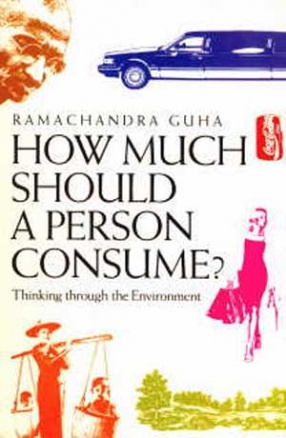
This book presents a provocative comparative history of environmentalism in two large, ecologically and culturally diverse democracies, India and United States. The book takes as its point of departure the dominant environmental philosophies in the two countries, here identified as 'agrarianism' in India and 'wilderness thinking' in the USA. It then proposes an integrative, inclusive theoretical framework that goes beyond these partisan and ...



Born against a background of privation and civil war, divided along lines of caste, class, language and religion, independent India emerged, somehow, as a united and democratic country. This remarkable book tells the full story-the pain and the struggle, the humiliations and the glories-of the world's largest and least likely democracy. While India is sometimes the most exasperating country in the world, it is also the most interesting. ...

For the first time within the covers of a single volume, we find an informal, anecdotal, and immensely readable history of indian cricket.
